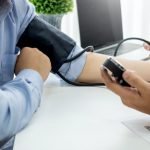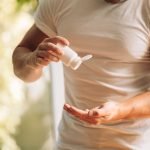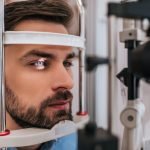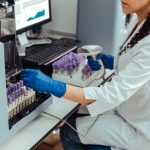Air pollution linked with global rise in antibiotic resistance
Antibiotic resistance is a growing threat to global health. In 2019, it caused over 1.27 million deaths worldwide – and it’s projected that antimicrobial...
Scientists find who is most at risk of high blood pressure
High blood pressure, often referred to as hypertension, is a widespread health issue.
In the United States alone, about half of the adult population has...
Scientists develop a simple test to detect bladder cancer early
Bladder cancer, if caught early, has an impressive survival rate of over 80%. However, this number drops drastically if the disease is detected late.
Now,...
Lifestyle interventions can boost employment in people with type 2 diabetes
A study by the University of Southern California and the University of Minnesota has revealed a positive association between intensive lifestyle interventions for people...
Higher antioxidant levels might reduce dementia risk, study finds
A recent study in the Neurology journal by the American Academy of Neurology has suggested a potential link between higher antioxidant levels in the...
Deep brain stimulation may help treat stroke, study finds
In a groundbreaking study by Cleveland Clinic researchers, a technique called deep brain stimulation (DBS) has shown the potential in helping stroke patients improve...
Common diabetes drug may help treat prostate cancer
An international research team led by MedUni Vienna has made significant progress in understanding the mechanisms behind the spread of prostate cancer, presenting a...
How diabetes affects eye healing
Our eyes are complex, sensitive, and essential for our daily lives.
For those with diabetes, eye complications can be particularly concerning, especially when wounds in...
Scientists find the cause of of plaque buildup in blood vessels
Heart diseases, particularly coronary artery disease, claim numerous lives globally. With 25% of deaths in the United States attributed to this disease, it's crucial...
People with chronic pain who take opioids need better health care
Over the last decade, there's been a significant change in the way doctors prescribe painkillers.
Why? There was a big problem with too many people...










